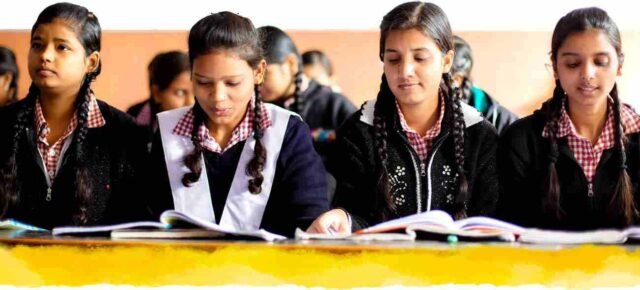BENGALURU:
Isolation during COVID has been one of the biggest stress factors for children of Bangalore. Going by the findings of collaborative research conducted by The School of Human Ecology, Tata Institute of Social Sciences (TISS), and Child Rights and You (CRY), it has been observed that for four in every ten children from the city, the greatest stressor was not being able to meet their peers.
Among the 136 girls and 76 boys from Bangalore who took part in the study, 87 of them expressed to have experienced stress triggered by isolation at home during the lockdown and post-lock-down months due to closure of schools and movement restrictions. 77 of them expressed difficulty in continuing education at home. Also, around 80 children voiced concern over the uncertainty of COVID.
“The Covid 19 pandemic has silently wreaked havoc in the lives of children. Prolonged tenure of school closure and home confinement measures have impacted their life in many ways. This has led to a subsequent psychosocial vulnerability experienced by children which this study aims to capture. It is very important for us to understand the phycological impact to help them tide through this testing time,” said Anupama Muhuri, General Manager, Volunteer Action, CRY.
The volunteer-led research was conducted nationwide on 821 children aged between 9 to 17 years. The spectrum of this study included 470 girls and 351 boys. Data collection was carried out in 13 Indian cities, namely: Bangalore, Chandigarh, Darjeeling, Delhi, Hyderabad, Imphal, Indore, Kolkata, Moreh, Mumbai, Pattan, Pune, and Siliguri. Almost half of the participants (43.9%) were between 12 to 14 years old.
When asked about their lives during the pandemic, almost half the participants (48.7%) nationally, reported that their routine had changed a lot since lockdown. A small percentage of participants also reported poor quality of sleep (4.4%) and eating (2.1%). When asked what they liked most about the lockdown, many participants highlighted the increase in the time they got to spend with their families (26.38%). Some children (22%) shared missing playing or being outdoors as 68.6% revealed that the pandemic had disrupted their plans and dreams for this year, while 44.8% reported experiencing boredom, and 41.7% also reported being worried.
A coordinated and innovative mental health delivery system that provides special focus to adolescents is the need of the hour. We need an inclusive approach that involves parents, NGO, volunteers, counselors, teachers and address this issue holistically and work towards proactive measures in picking up early signs of mental illness, “said Dr. Zoya Ali Rizvi, Deputy Commissioner at National Health Mission, Ministry of Health and Family Welfare, Government of India
Understanding children’s experiences during COVID; their Stressors’ resilience, Support, and adaption has been the key objective of the study. It brings forth the adaptability of children through various stress patches, but also the capabilities that help them tide through challenging times. Being cognizant and aware goes a long way in creating a better world for our future.






